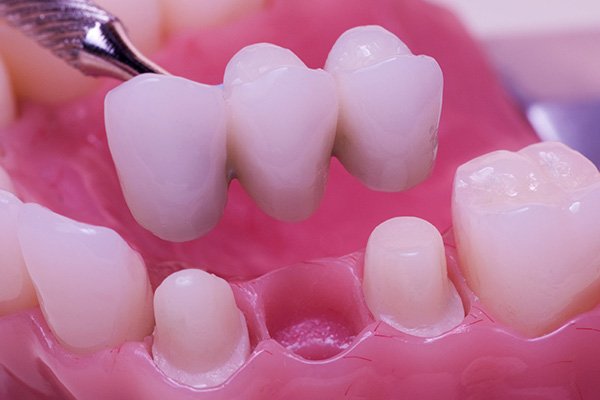The Beginner’s Guide to Tooth Extraction

Tooth extraction is a procedure carried out by a dentist and entails removing the tooth from the jawbone. In many situations, removing the tooth is the only way to maintain or improve your oral health.
Reasons for tooth extraction
Lack of space: A dentist removed wisdom teeth if the mouth has no space to accommodate them, or if the teeth get impacted or infected.
Preparation for orthodontics: Sometimes, installing braces or other orthodontic devices may entail removing one or more tooth.
Damage or decay: If a tooth suffers decay or irreparable injury, tooth extraction may be the final option to save the mouth.
Radiation or chemotherapy patients: Teeth extraction may be crucial if infection sets in due to radiation or chemotherapy to the neck or head.
Tooth Extraction: The Extraction Process
To prepare you for tooth extraction, the dentist will apply a local anesthetic to render the area numb. Depending on the situation, they may also administer nerve-calming medication or an intravenous sedative. If the case involves an impacted tooth, the dental expert may break it into bits before extraction.
Teeth extraction can be in two categories — simple or surgical.
Here is what they involve:
Simple Extraction: This extraction is performed on a visible tooth that has suffered decay or severe damage, or before brace installation. General dentists can perform simple tooth extractions.
During the procedure, the dentist will administer local anesthesia or keep you sedated. After the process, you may need to take over-the-counter painkillers.
Surgical extraction: This procedure requires a qualified oral surgeon. It entails extracting teeth that are not visible because they have not erupted or the tooth has broken. Patients with a pre-existing medical condition may get sedatives before the procedure.
After the procedure, the dentist will prescribe pain medications as well.
Healing and Recovery
Following tooth extraction, abiding by the dental expert's instructions for oral care is essential. The rules include:
Consume soft foods: Drink only fluids until the anesthesia wears off completely to avoid biting your cheek or tongue. Afterward, consume only soft food within the first few days of tooth extraction.
Stick with proper oral hygiene: Try to avoid brushing around the affected area a day after the removal, but you can brush the remaining teeth. Two days after, your teeth should be ready for regular brushing.
Complications
Sometimes, patients may experience a dry socket. This occurs if blood clotting does not form in the space after extraction, or if the blood clot falls out. This exposes the underlying bone, causing a dry socket. This situation can cause severe discomfort and should receive immediate dental attention.
Other possible complications associated with teeth extraction include:
Numb lips and chin: If the removal involved a wisdom tooth in the lower jaw, your lips and chin might be numb for months if the procedure damaged a nerve.
Sore Jaw: This only lasts a few days and is caused by the anesthesia or strain during the procedure.
Infection: Infection could set in after tooth extraction, but it is rare with patients with healthy immune systems.
If you think you might be a candidate for tooth extraction, contact us today to schedule an appointment for a consultation.
Request an appointment here: https://familychoicedentistry.com or call Family Choice Dental at (505) 634-5657 for an appointment in our Albuquerque office.
Related Posts
Tooth extraction is one of the most common procedures in dentistry. This article discusses extraction aftercare guidelines to follow to achieve optimal recovery. Complications after a tooth extraction are rare but possible. The common ones include bleeding, dry sockets, and infection. Post-operative care is important to avoid these complications.The body starts healing immediately after the…
Over the years, tooth extraction has become more seamless than it once was. Many advancements have been made, which make the procedure more comfortable and less painful. However, it still helps to know what to expect so you can prepare.Getting a tooth extracted is not as scary as most think. In fact, most extractions only…
When you hear you need a tooth extraction, it is common to worry about having a gap in your smile for the rest of your life. Fortunately, a general dentist can provide a tooth replacement to restore your smile. From dental implants to flipper teeth, there are many replacement options after a tooth extraction.Tooth extraction…
A general dentist will typically only recommend pulling a tooth when absolutely necessary. This procedure, also known as tooth extraction, is reserved for teeth that have been decayed or damaged beyond repair. Not only does this prevent a problem tooth from starting a domino effect of oral health issues, but it also brings several other…
